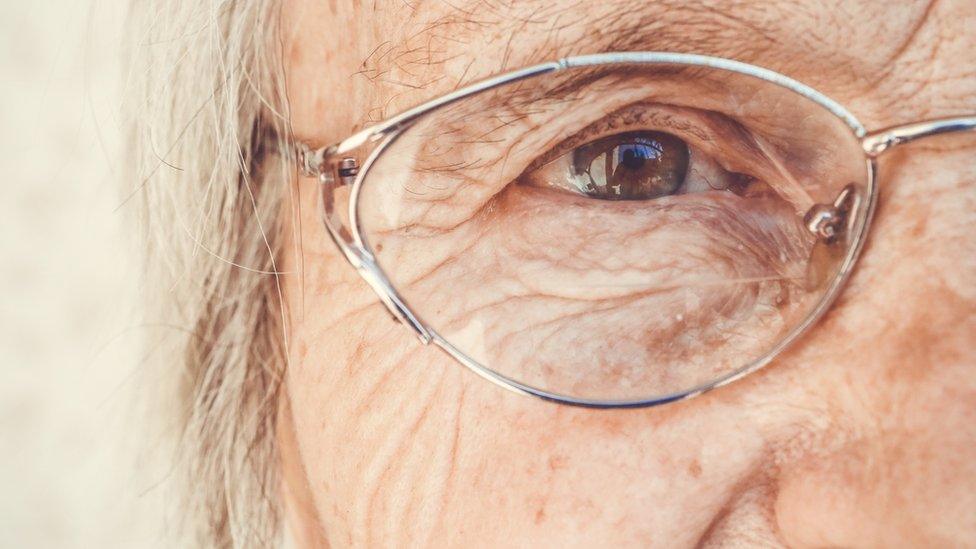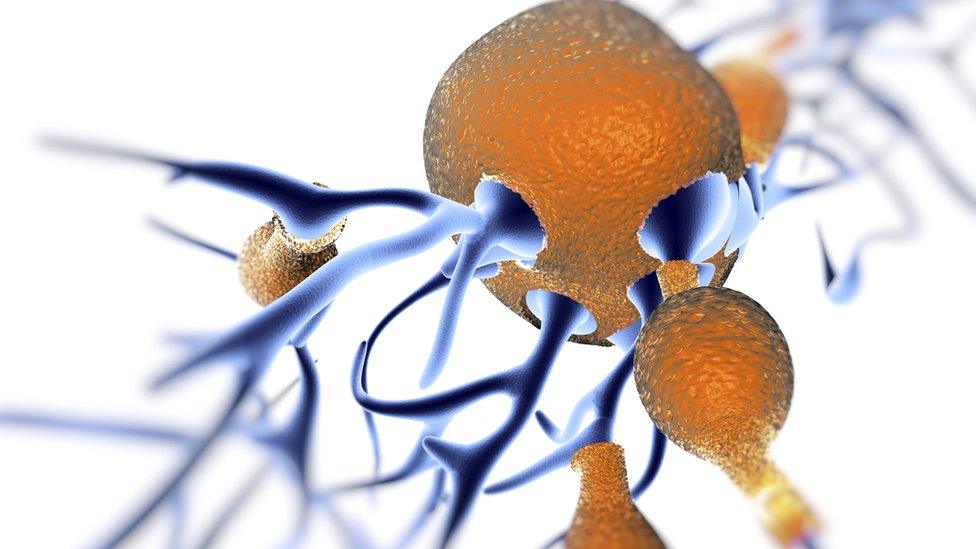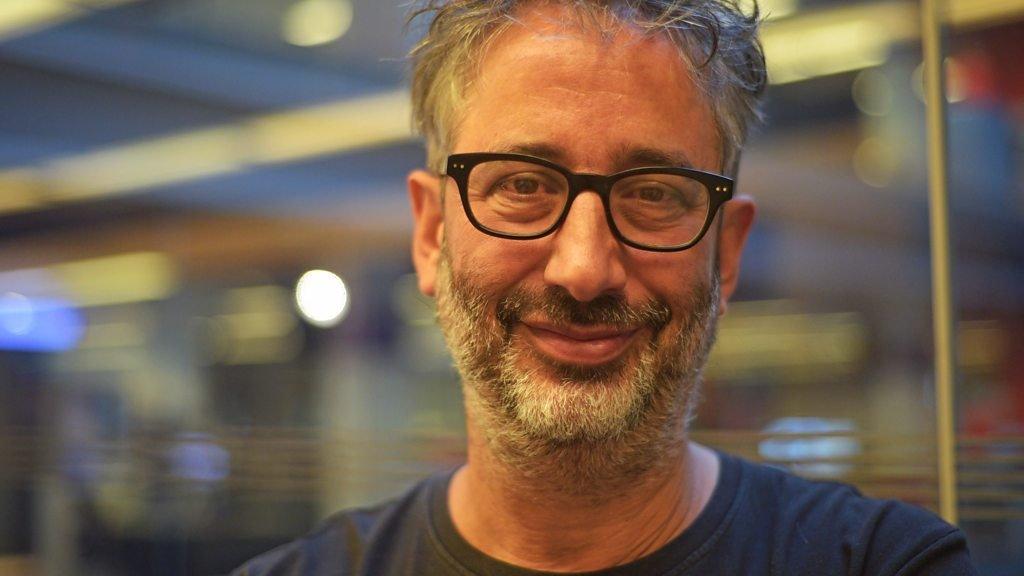'Super agers' offer clue to keeping a sharp memory
- Published

Memory loss is not an inevitable part of ageing, say US scientists who are studying a unique group of adults in their 60s and 70s with minds as sharp as people in their 20s.
These "super agers" performed just as well on memory tests as "youngsters" a third of their age, researchers at Massachusetts General Hospital found.
Brain scans appeared to reveal why.
Regions involved with learning and retaining new information showed no sign of typical age-related shrinkage.
What's more, memory test scores correlated with brain size - those who performed best in the tests also had greater thickness in the key brain regions the researchers measured on MRI scans.
The study authors say their work, outlined in the Journal of Neuroscience, external, could ultimately help with understanding the processes that lead to dementia and if there are ways to avoid them.
Cognitive skills
As we age beyond our 50s, our brains tend to shrink in volume. Memory also begins to decline.
These widespread brain changes are considered entirely normal, but mounting evidence suggests they may not be universal.
Certainly in Alzheimer's disease, for example, there is notable shrinkage in parts of the brain involved with storing and retrieving memories.

The Massachusetts team focused their study on these parts of the brain, scanning and testing the cognitive skills of 40 older people (in their 60s and 70s) and 41 young people (aged 18 to 32).
The tests revealed that some of the older people had memory skills that rivalled those of the younger volunteers.
In these 17 "super agers", several parts of the brain's memory machinery - including the anterior insula and orbitofrontal cortex and the hippocampus - appeared thicker and healthier than normal for people of their age.
Lead researcher Dr Brad Dickenson said his findings built on those of colleagues from Northwestern University, external in Illinois, who coined the term super agers.
"They were looking at people in their 80s and comparing them with middle-aged people. We wanted to shift it slightly younger, to around the age of retirement. This is when you normally start to see some brain shrinkage."
Resilience
He says the million-dollar question now is: "Can you make a person a super ager or are you born with it, and does it really make a difference in real life?
"We hope that there might be not just genetic factors that make people resilient but also things that people can do themselves, such as physical fitness and diet."
He said experts already know that certain factors, such as smoking and high cholesterol, age the brain faster.
Dr Rosa Sancho from Alzheimer's Research UK said: "Although it's not surprising that the brain areas preserved in super agers included those involved in memory, it's interesting that these are also areas known to be vulnerable to damage in diseases like Alzheimer's.
"The super ageing phenomenon is intriguing - do super agers exhibit enhanced memory as younger individuals or does it indicate resilience against the ageing process? Understanding why some people appear to enjoy better cognitive ageing than others could provide important clues about how to prevent age-related memory problems and provide insight into potential ways to reduce the risk of dementia."
- Published31 August 2016

- Published13 September 2016
